-
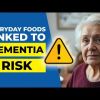 +3 +1
+3 +1Everyday Foods Linked to Dementia Risk
-
 +2 +1
+2 +1Alzheimer's: Kefir may help improve cognitive functioning, memory
The probiotic-rich drink kefir may be a potential complementary treatment for Alzheimer’s disease by helping improve cognitive functioning and memory, anew review suggests.
-
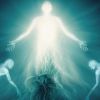 +2 +1
+2 +1Quantum Soul: Researchers Seek to Unlock the Mystery of Life Beyond Death
Recently, scientists Edward W. Kamen from the Georgia Institute of Technology and Roger D. Kamen from Ferris State University have proposed a new theory that the human soul might actually be a type of quantum field.
-
 +6 +1
+6 +1The weird and wonderful world of animal sleep
Animals can sleep on the wing, standing up, sitting in a tree or diving in the ocean. Many don't close their eyes, and some don't even have eyelids. Here are some of the strangest ways to snooze.
-
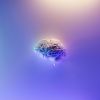 +40 +10
+40 +10Alzheimer's breakthrough: Cancer drug wakes up sleepy brain cells in mice and human brain cells
an experimental cancer drug appeared to re-energize the brains of mice that had a form of Alzheimer’s — and even restore their ability to learn and remember.
-
 +2 +1
+2 +1No, You Don't Have a "Reptilian Brain"
-
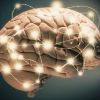 +21 +6
+21 +6Quantum Entanglement in Neurons May Actually Explain Consciousness
how various circuits throughout the brain align their firing is an enduring mystery, one some theorists suggest might have a solution that involves quantum entanglement.
-
 +2 +1
+2 +1This Disease is Deadlier Than The Plague
-
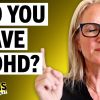 +25 +6
+25 +6The TRUTH About ADHD in Adults | The Mel Robbins Podcast
-
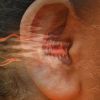 +26 +3
+26 +3We Used to Think Everybody Heard a Voice Inside Their Heads – But We Were Wrong
Only in recent years have scientists found that not everyone has the sense of an inner voice – and a new study sheds some light on how living without an internal monologue affects how language is processed in the brain.
-
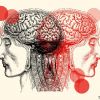 +34 +2
+34 +2Many mental-health conditions have bodily triggers
Psychiatrists are at long last starting to connect the dots
-
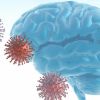 +30 +4
+30 +4Mounting research shows that COVID-19 leaves its mark on the brain, including with significant drops in IQ scores
Two new high-profile studies add to the increasingly worrisome picture of how even mild cases of COVID-19 can have detrimental effects on brain health.
-
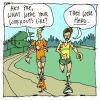 +15 +2
+15 +2We Love Writing. And Procrastinating. Running Helps Us Do Both.
The two pursuits have more in common than meets the eye
-
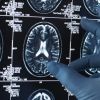 +33 +2
+33 +2Long COVID Seems to Be a Brain Injury, Scientists Discover
Some form of brain injury could be behind the symptoms reported by those with long COVID, according to a new study, and adapting tests and treatments to match could aid progress in tackling the condition.
-
 +33 +4
+33 +4Writing things down may help you remember information more than typing
Writing words down increases connectivity linked to memory and learning between different areas of the brain, with the same not being true when things are typed out on a computer
-
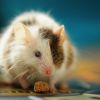 +24 +6
+24 +6Scientists Extend Life Span in Mice by Restoring This Brain-Body Connection
Reactivating the connection in elderly mice revived their motivation, transforming them from couch potatoes into impressive joggers.
-
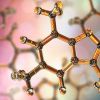 +30 +5
+30 +5Caffeine use prevents stress-induced impairment of spatial memory
A study has found that adding caffeine to the drinking water of rats exposed to social isolation stress can protect them from developing memory impairments.
-
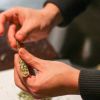 +21 +2
+21 +2Scientists Discover The Exact Reason Marijuana Causes The ‘Munchies’ In New Federally Funded Study
For the first time, scientists have identified exactly what happens in the brain after using marijuana that causes the “munchies,” a new federally funded study shows. Researchers at Washington State University (WSU) published the findings in the journal Scientific Reports, revealing how cannabis activates a specific cluster of neurons in the hypothalamus region of the […]
-
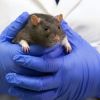 +22 +3
+22 +3Rats have an imagination, too, researchers show with brain implants
Rats think of objects and places that are not directly in front of them, a key requirement for remembering the past and imagining the future.
-
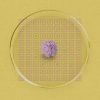 +30 +5
+30 +5Human brain cells hooked up to a chip can do speech recognition
Clusters of brain cells grown in the lab have shown potential as a new type of hybrid bio-computer.
Submit a link
Start a discussion




















